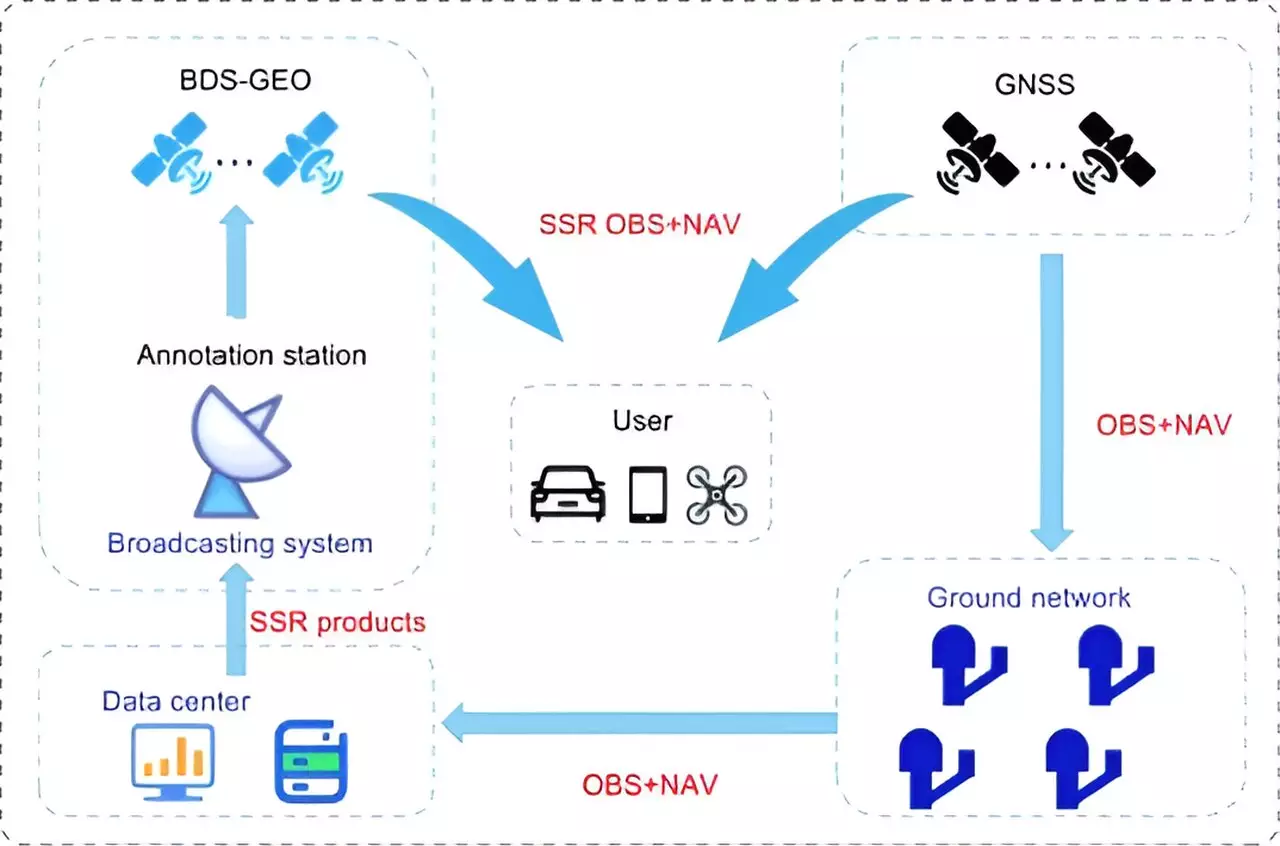The BeiDou Navigation Satellite System (BDS) is currently undergoing a significant upgrade to address the increasing need for high-precision positioning across a wide range of industries and sectors. The new services being developed are aimed at providing decimeter-level accuracy within minutes, which is a substantial improvement over the existing capabilities. This advancement is particularly crucial for the advancement of technologies such as autonomous driving, robotic navigation, and smart city infrastructures, all of which rely heavily on accurate and reliable location data for optimal performance.
Enhancing Global Navigation Satellite Systems
Traditional systems such as the Global Positioning System (GPS), GLObal NAvigation Satellite System (GLONASS), and Galileo have set high standards in the field of satellite navigation. However, challenges such as limited regional coverage and long convergence times still persist. These challenges highlight the need for more advanced and enhanced navigation satellite systems to meet the evolving demands of modern technology. The BeiDou Navigation Satellite System (BDS) aims to tackle these challenges by improving its high-precision services, positioning itself as a key player in the global navigation landscape.
Researchers from the Beijing Institute of Tracking and Telecommunication Technology, in collaboration with the Shanghai Astronomical Observatory and Wuhan University, recently published a study in the journal Satellite Navigation. The study, released on 24 June 2024, delves into the high-precision services offered by the BeiDou system, outlining its current state, accomplishments, and future direction. Specifically, the study focuses on the PPP-B2b service of BDS-3, which can achieve decimeter-level accuracy within just 14 minutes. Despite these advancements, BDS-3 still lags behind international counterparts such as Galileo’s High Accuracy Service (HAS) and Quasi-Zenith Satellite System’s (QZSS’s) Centimeter-Level Augmentation Service (CLAS) in terms of regional coverage and convergence time.
To address the existing limitations, the research proposes a multi-layer development framework that emphasizes the integration of low Earth orbit (LEO) satellites. By incorporating a LEO constellation consisting of 288 satellites, the positioning accuracy can be improved to better than 5 cm within approximately 1 minute. This enhancement not only boosts global coverage but also significantly reduces the convergence time, making rapid and precise positioning achievable. Simulation results have shown that LEO-enhanced PPP services can overcome current shortcomings, positioning BeiDou as a frontrunner in the realm of high-precision satellite navigation.
Dr. Xingxing Li from Wuhan University emphasized the significance of the advancements in BeiDou’s high-precision services in meeting the escalating demands of modern navigation applications. The integration of LEO satellites presents a particularly promising opportunity, as it greatly enhances coverage and reduces convergence time, bringing us closer to achieving real-time, centimeter-level positioning accuracy on a global scale. The enhanced BeiDou high-precision services have far-reaching implications for various applications, including autonomous driving, unmanned aerial vehicles, and smart device navigation. This progress represents a considerable leap forward in the progression of global navigation satellite systems, firmly establishing BeiDou as a leader in high-precision services.


Leave a Reply